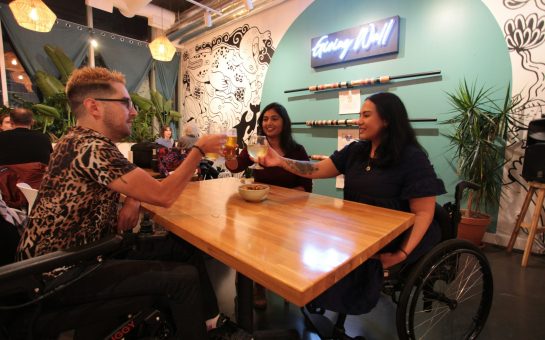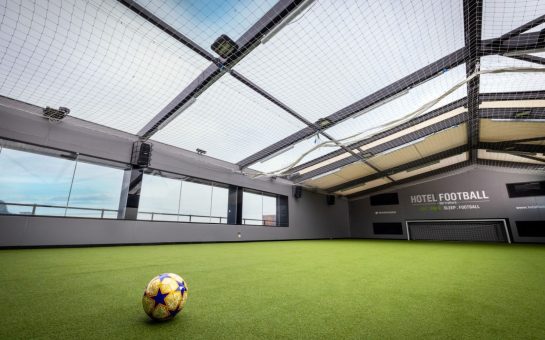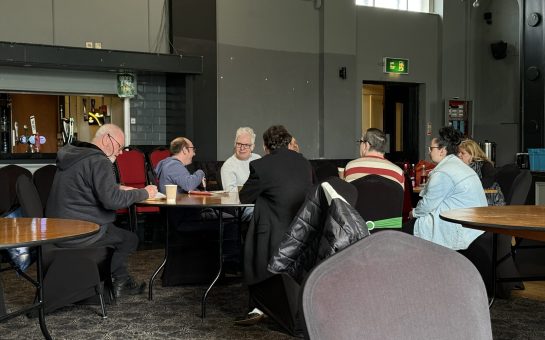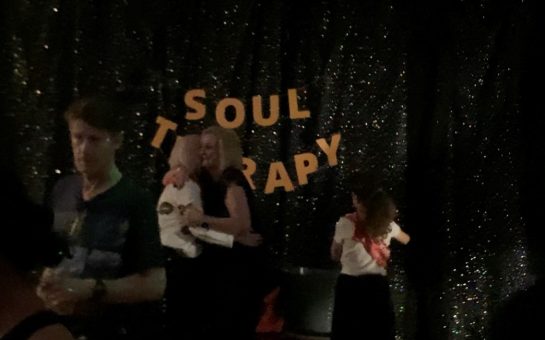More than 700,000 people in the UK are diagnosed with an autism spectrum disorder – yet women across the country suffer in silence with the condition every day.
It is estimated that as many as one in 100 people suffer with an autism spectrum disorder (ASD) but a Manchester campaigner is trying to raise awareness for women who struggle to get correctly diagnosed with the condition.
Michelle Billington, 44, from Manchester, lives with Asperger’s syndrome and dedicates her time to improving the life of women and girls who have been or are struggling to get the help they need.
Although she knew from a very young age that she was different to most children, it wasn’t until 2008 that Michelle was finally diagnosed with Asperger’s.
“It was very difficult, feeling different though never quite being able to put my finger on why,” said Michelle.
“Always feeling like I was outside looking in. I really did struggle.”
There is not a definitive ratio between the number of men and women with autism but historically it is thought men are much easier to identify and diagnose.
The National Autistic Society said that girls are more able to observe and imitate other children, which could perhaps mask the symptoms of Asperger syndrome.
Michelle said: “Females with autism are often undiagnosed. I think it’s because we hide it better, we get on with things and adapt.
“If things don’t change, more and more girls are going to struggle until adulthood just as my generation is now.”
Although planning is in the very early stages, Michelle is hoping to set up a support group to help woman who are struggling to get by or raise their children.
“There are few within the NHS with the expertise to diagnose women and many women have to either travel many miles or pay for a private diagnosis.”
Michelle believes that the lack of support and education around woman with an ASD is leading to people being targeted by social services and educational welfare.
“Many professionals and public services have no idea how women with autism cope day to day. Particularly social services, who through ignorance assume that autistic parents are not good enough to love and bring up their children,” she said.
The support group will require a good level of endorsement and Michelle hopes the National Autistic Society’s Greater Manchester branch might play a role in securing the financial backing needed to begin fundraising.
Michelle’s main goal is to raise awareness and for society to accept and include autistic people in everyday life.
“We love, hurt and feel just like everyone else, there is no difference,” she said. “I am not alien compared to you, I am simply different and that is not so bad is it?”
Four of Michelle’s own six children are on different levels of the autistic spectrum and she feels that one of the biggest problems they face is from schooling.
She said: “I would like my children to be able to go to school without the fear of bullying by both peers and teachers who lack understanding. I hope they can grow happy, live fulfilling lives and not have to explain their autism to everyone.”
One supporter of Michelle’s group is Jo Walker, from Preswich, who also lives with autism but struggled to be correctly diagnosed.
She said: “My doctor told me I couldn’t possibly be autistic as it would have been picked up as a child. When I insisted on an assessment she tried to scare me off by saying I would have to travel really far on my own and pay for it myself.
“I said OK, fine, and I got assessed 30 minutes from home and diagnosed in two hours.”
For more information visit Michelle’s Facebook page:
https://www.facebook.com/pages/Autistic-woman-UK-Manchester-based/457247101051144
Image courtesy of Alain Elorza, with thanks.



